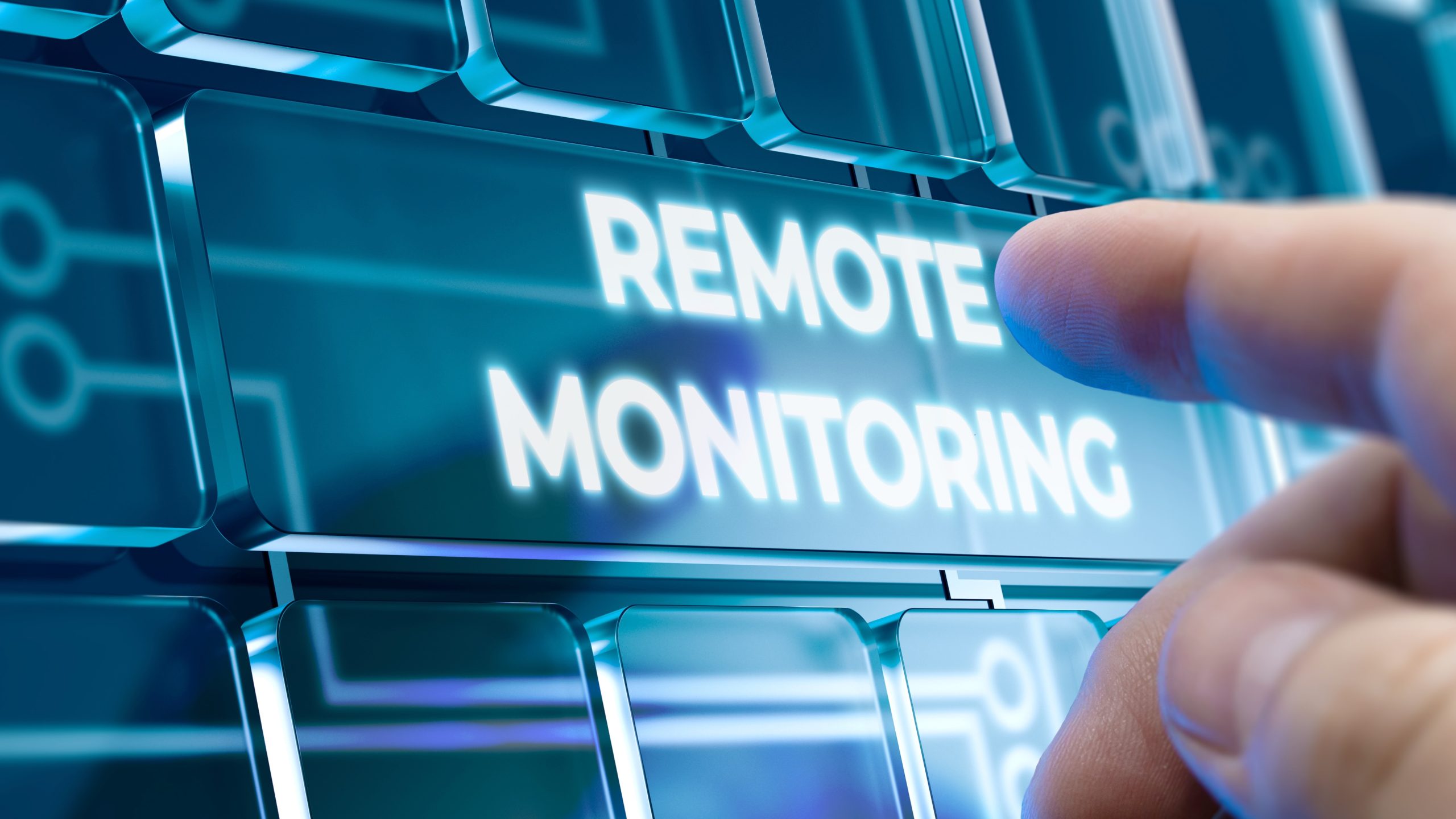BIG CORPORATIONS, within and beyond IT, have been broadcasting environmental sustainability commitments for years. So when Cisco joined in last fall with an ambitious pledge to reach net-zero emissions on everything it makes and ships by 2040, it was hardly blazing new trails.
What it introduced this April, however, is a different story. Called the Environmental Sustainability Specialization, it’s designed to drive partner participation in the company’s Takeback and Reuse program, an earlier initiative that lets buyers of new gear return their old hardware for refurbishment and recycling—on Cisco’s dime—instead of dump it in a landfill. Earning the designation takes just 15 hours of training for two people, and all enrollees must do to retain their status is complete one deal involving exchanged hardware per year.
All of that sounded pretty good to Core BTS, an IT consulting firm and MSP headquartered in Indianapolis, and one of the first Cisco partners to sign up. “We thought it was the right thing to do for our customers and quite frankly for the environment,” says John Samz, senior vice president in charge of the company’s Cisco alliance.
Somewhat to Samz’s surprise, however, the program has proven to be rewarding in more tangible ways. Partners that earn the still-young specialization are eligible for up to seven points of incremental discount on new products, which they can factor into lower-priced bids. Those price cuts have helped Core BTS earn green cash along with green street cred.

John Samz
“We have a competitive advantage, not only in the eyes of our customers because we’re providing them some environmental sustainability, but also in hard dollars and cents,” Samz says.
It’s a dynamic an increasing number of channel pros are discovering. In multiple (sometimes unanticipated) ways, embracing sustainable IT is turning out to be a form of corporate responsibility that supplies hardcore ROI as well.
More Money, Less Anxiety
Brand appeal is just one example. As more and more end users get serious about sustainability, they’re looking for comparably serious IT providers. “The commitment a company has is important to customers who want to work with companies that have similar values,” says Andrew Sage, Cisco’s vice president of global distribution sales.
Indeed, sustainability has become a bigger influence on purchasing behavior over the last five years for 85% of respondents to a global 2021 survey by consultancy Simon-Kucher & Partners. “Partners are in some cases losing deals if they haven’t implemented their own sustainability strategy,” says Rachel Brindley, senior director for channels at analyst firm Canalys.
That trend is most pronounced among large businesses in Europe at present, she continues, but making its way into North American SMBs as well, especially in public sector organizations. Core BTS is getting environmental questions more often from small and midsize manufacturers too. “Nobody that we’ve worked with has made it a requirement to do business with them,” Samz says, but building reuse plans into bids has made the company’s proposals more attractive.
Global warming isn’t the only anxiety fueling interest in the fate of used hardware either. “There’s a heavy focus around data security and compliance and chain of custody,” notes Todd Zegers, global vice president of IT asset disposition (ITAD) and reverse logistics at distributor Ingram Micro. “As a trusted adviser, the VAR needs to give the end customer assurance that they’re going to help them alleviate that concern.”
As Core BTS has discovered, there’s also money to be made in sustainability by channel pros, and money to be saved by their clients. “If they’re refreshing every two or three years, that [used] equipment still has 20 or 30% of the original value,” Zegers says. Like most other ITAD providers, Ingram lets partners who return outdated equipment collect a substantial hunk of that value. Sharing some of that bounty with buyers, moreover, can give them an edge over peers.
“Now the price of your new laptop is not $1,000, it’s $900,” Zegers observes. “If you’re the VAR that’s offering that to a client and the three other people that are bidding on that don’t have that capability, guess what? You’ve probably just won that deal.”

Todd Zegers
You may have an easier time recruiting and attracting talent too. “More and more people are voting to go to work in places where sustainable impact is really a priority,” says Mary Beth Walker, head of global channel strategy at HP Inc.
Leaning In
Still, adopting sustainable business practices is a lot easier for giant companies like HP than for the typical channel pro, something Walker and her team learned several years ago in focus groups. “There were a lot of partners that really wanted to start to lean in around sustainability, but one, either they didn’t know where to start, or two, they didn’t have the money,” she says.
In response, HP created HP Amplify Impact, a program designed to make launching a sustainability initiative simpler. Enrollment is free and starts with an automated self-assessment that ranks newcomers against their peers, and then proceeds to a range of sales and other training courses. Resources are available for partners that already have a sustainability program too. All HP asks, beyond taking the assessment, is that members report once a quarter on deals with a reuse component.
“We want to be able to track how much business we can actually tie back to sustainability,” Walker explains.
Accountable Options
Like anything else, Cisco’s Sage notes, success in sustainability for beginners hinges on having a concrete plan based on widespread input. “The first thing I would do is talk to my employees about it and my customers, just to see what’s important to them,” he says.
Samz recommends talking to your vendors and distributors too. “They’re the ones who generally create the most impact on the environment and have environmental initiatives in place, and so are most willing to help partners like us create our own initiatives,” he says.
They also tend to be more responsible and accountable than cut-rate ITAD firms, adds Zegers, who encourages channel pros to vet ITAD partners carefully. Used printers, he notes, are both full of toxic materials and next to worthless in secondary markets. “A lot of the unscrupulous providers will put those on a container and send it over to Africa, and they’ll charge five cents a pound or something,” he says.
After all, notes Zegers’s colleague John Marler, Ingram’s global director of environmental, social, and governance programs, winning deals and wooing employees are good reasons to prioritize sustainability but not the only ones.
“There’s carbon emission savings by responsible disposition and recycling and remarketing,” he says. “It’s a win-win.”
Image: iStock













